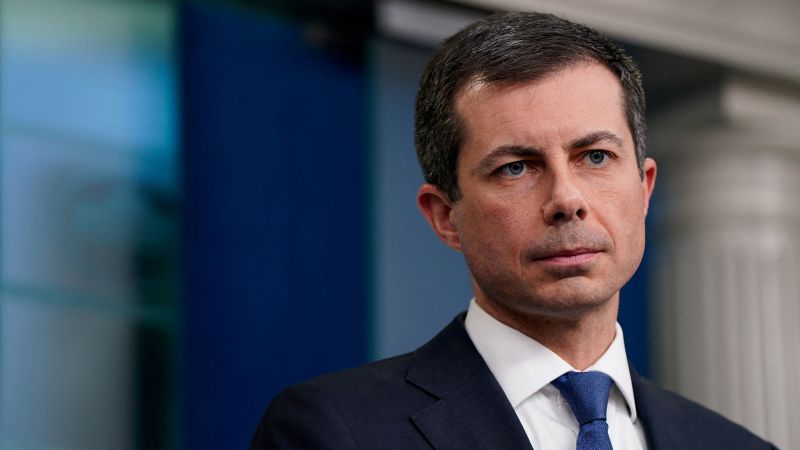Transportation Secretary Pete Buttigieg recently discussed the Biden administration’s efforts to bring transportation projects to communities impacted by historical injustices at the African American Mayors Association Conference. Through the $3.3 billion “Reconnecting Communities and Neighborhoods” program, over 130 grants have been awarded in 41 states to address the negative impacts of past transportation structures, such as highways that have cut off access to essential services and opportunities. Buttigieg emphasized the importance of federal dollars being part of the solution to correct past harms and strengthen communities through better connectivity.
One of the key initiatives involves capping highways in communities where they have created divisions. By covering depressed highways, new land can be created in downtown areas, providing opportunities for economic development and revitalization. For example, a $16 million grant in New Rochelle, New York, will transform three highway lanes into an eight-acre linear park, connecting the African American community to downtown. In Birmingham, Alabama, a $14.5 million project will convert a one-way street in the Black business district into two lanes, aiming to support small businesses and enhance quality of life in the area.
In Atlanta, Georgia, and Tacoma, Washington, similar initiatives are taking place to address the negative impacts of highways that have divided communities. Mayor Randall Woodfin of Birmingham highlighted the importance of economic development and equity in infrastructure investments, recognizing the potential for positive outcomes in city neighborhoods. In Tacoma, a $1.3 million grant will study ways to address safety and accessibility challenges created by Interstate 5, which has been linked to a decrease in life expectancy in certain areas.
Buttigieg emphasized that while some projects are already in progress, others will take several years to complete. The overall goal is to address past harms caused by transportation infrastructure and create a more equitable and connected future for communities across the nation. The investment in these projects aims to not only correct historical injustices but also to create a better quality of life for residents in impacted areas. By involving communities in decision-making processes and prioritizing inclusivity and equity, these transportation projects can help facilitate healing and revitalization in neighborhoods affected by past infrastructure projects.


